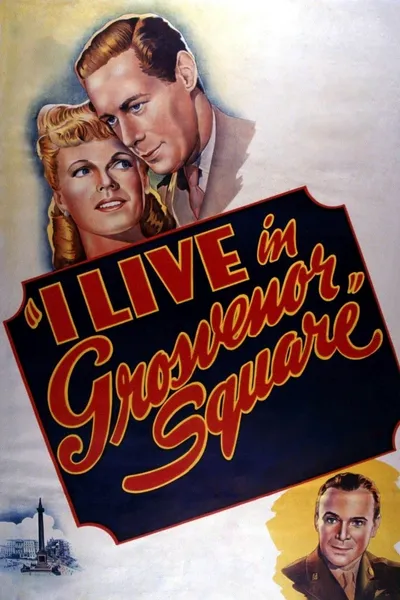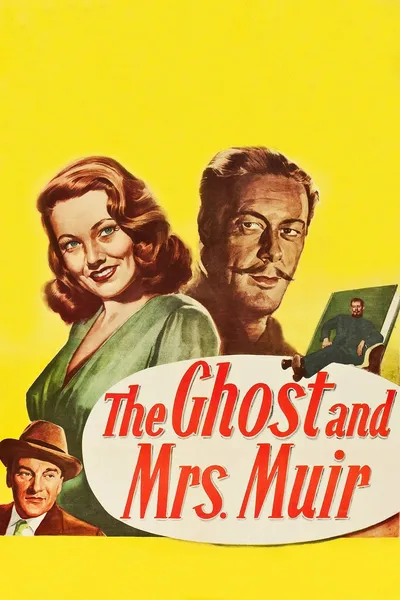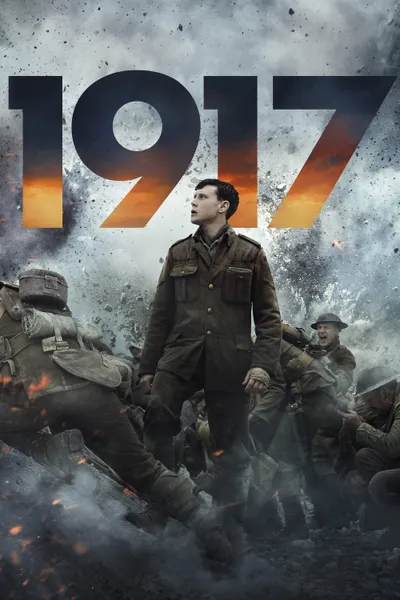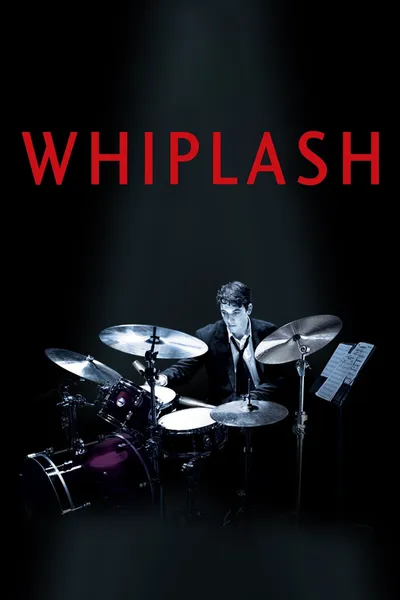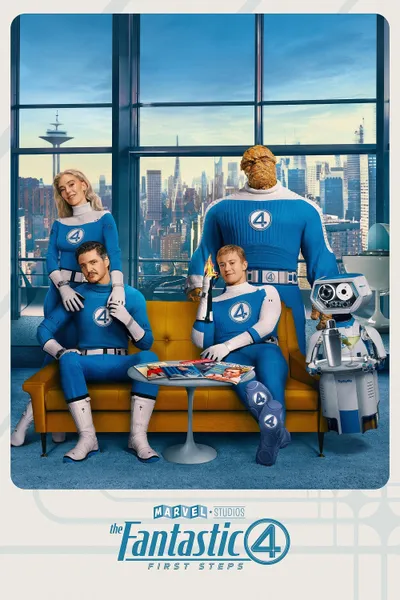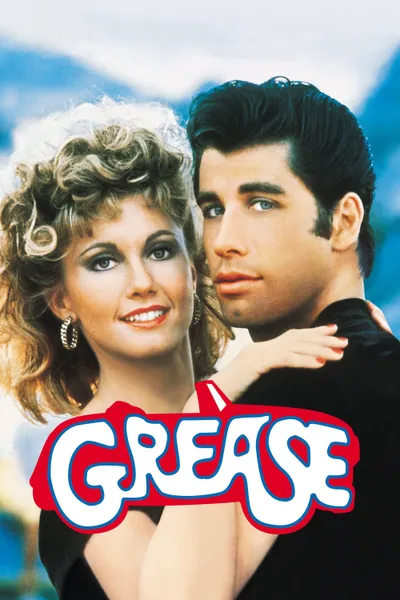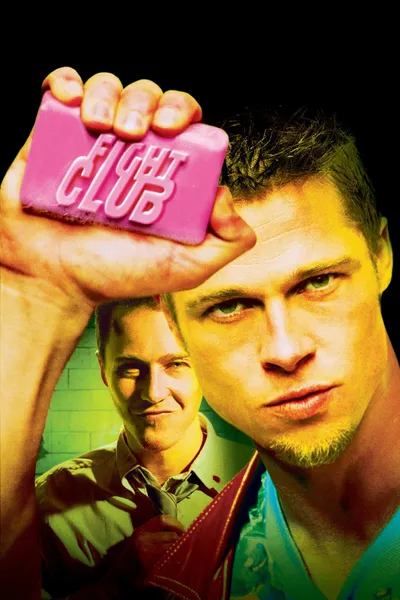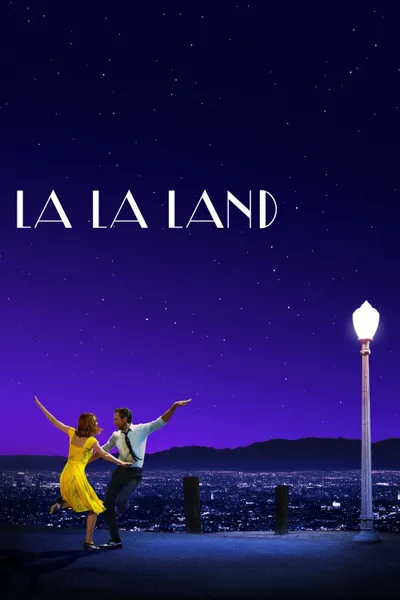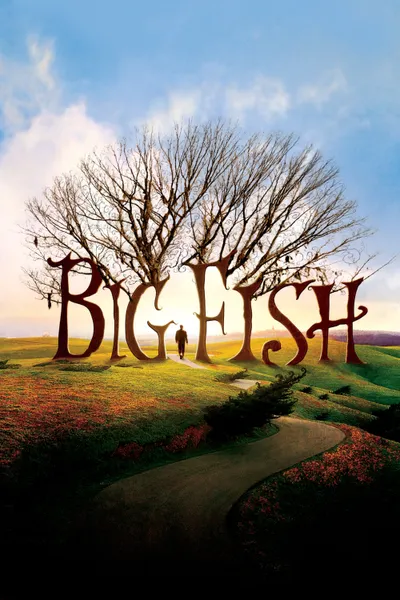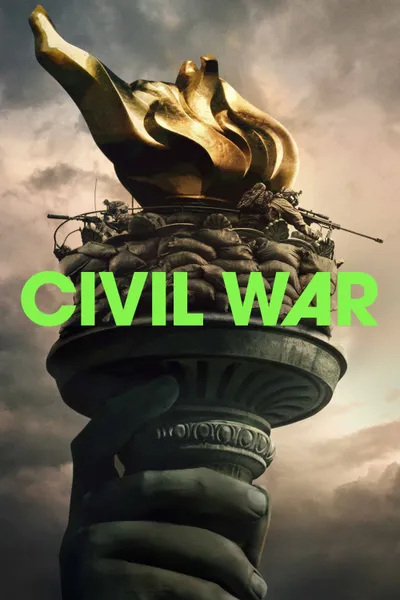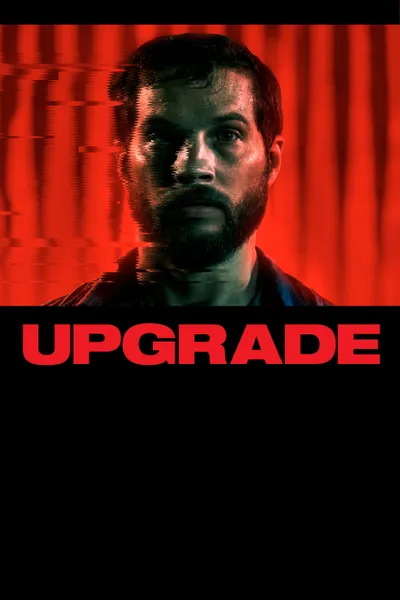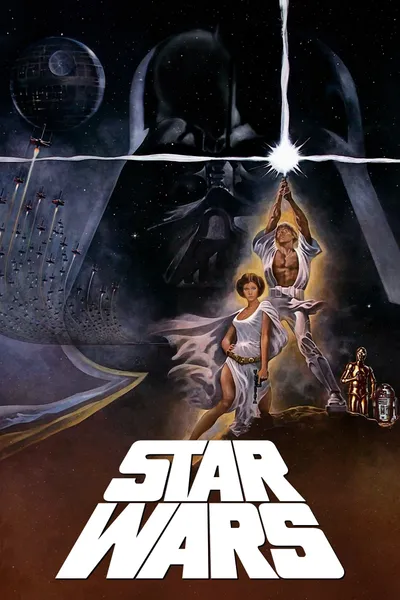Reviews
CyrusPK
January 12, 20217.0
This seems to be something of a forgotten film despite being a major moneymaker of its year and starring Anna Neagle, a massively famous British star who never managed to conquer the American market.
Evidently written as a means of encouraging co-operation and mutual understanding between British citizens and the American troops stationed in their homes during the massive build up to D-Day, the first half of the film as a result suffers badly from some forced comedy around linguistic and geographical differences. The actors all look a little uncomfortable in these sequences. The first half of the film is largely devoted to this strained humour and the building of a romance between an English woman (Neagle) and an American flyer (Dean Jagger.)
Much time is also given over to Rex Harrison’s character who is engaged to Neagle and campaigning for election as the local MP for a rural constituency, the latter overseen by his father (Robert Morley) – a kindly but very tradition-bound individual.
I was finding all of this to be a little labored until the final third of the film which suddenly changes gears to become a minor masterpiece of sentiment and emotion. At that point I realised the writers have deliberately spent a lot of time setting up the characters and their interactions so that when the key moments occur they are underpinned by real knowledge of who these people are.
Several scenes in this final act are played to emotional perfection;
• Nancy Price as a harridan of a housekeeper revealed to have a deeply caring relationship with the American pilots in her care, so much so that she wants to leave her savings to one who she regards as a son.
• Robert Morley almost casually placing a watch on a man’s wrist and mentioning that it belonged to his son who died in the First World War.
• Rex Harrison giving up his chance at marriage to stage a simple meeting between the two people he knows to be in love.
• Anna Neagle writing down a list of names of deceased air crew she is receiving over the phone as part of her military duties, pausing only slightly at the identity of one of them who is known to her.
As a very talky piece the need for good performances is essential. Neagle carries with her a great weight of emotion constantly visible in her eyes, Morley (four years younger than Neagle) plays her father with great sincerity and emotion and Rex Harrison shows both class and dignity in his role.
Production values are adequate but there is a reliance in one important scene on very scratched stock footage.
Overall, this is a sentimental piece that will grab at your heart in ways least expected.
Recommendation Movies
The Ghost and Mrs. Muir1947
Parasite2019
Joker2019
Wonder Woman 19842020
19172019
Whiplash2014
Oppenheimer2023
Holidate2020
The Fantastic 4: First Steps2025
Grease1978
Fight Club1999
La La Land2016
Big Fish2003
Civil War2024
The Super Mario Bros. Movie2023
Princess Mononoke1997
Suicide Squad2016
American Beauty1999
Upgrade2018
Star Wars1977
© 2025 MoovieTime. All rights reserved.Made with Nuxt
